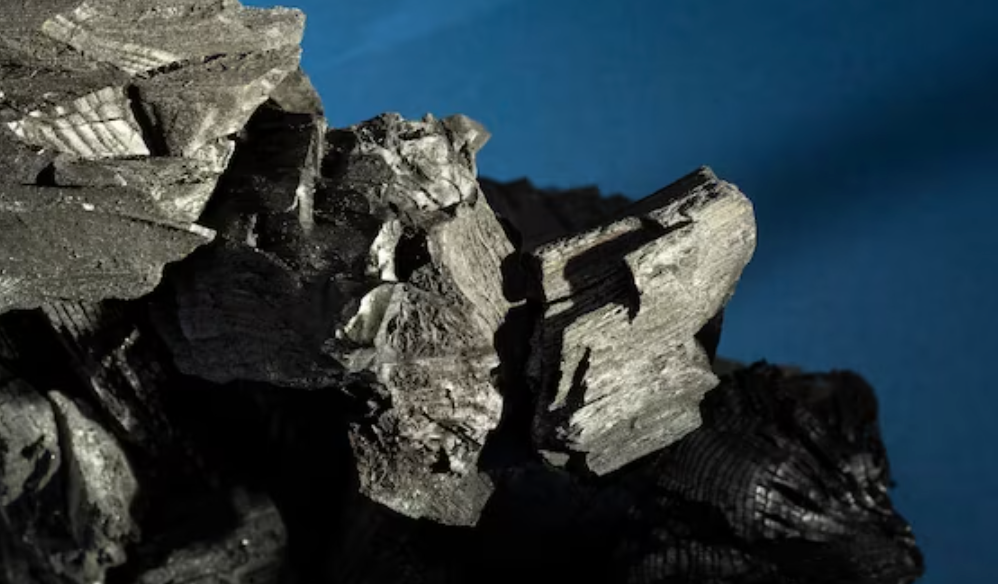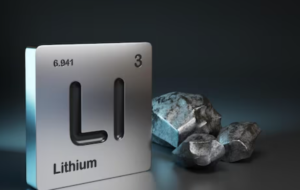#lithium #EVbatteries #Chile #mining #renewableenergy #electromobility #sustainablemining #greenenergy
The global lithium industry, pivotal for the burgeoning electric vehicle (EV) market, is facing a paradox. Concerns of an oversupply overshadowed recent years, yet the emerging consensus among industry leaders, particularly in Chile—the world’s second-largest lithium producer—points toward an impending shortage. This potential scarcity threatens to derail the battery market by skyrocketing prices and pushing the industry to seek alternative battery technologies. Chile’s response to this looming crisis is to ramp up production, aiming to avoid the pitfalls of supply shortages and ensure the profitability of lithium battery manufacturing for EVs.
Chile’s finance minister, Mario Marcel, emphasized the necessity of increasing production to maintain the market’s attractiveness for lithium battery production in the EV sector. The country plans to play a significant role in preventing a supply crunch. It aims to do so by introducing a strategy to double its lithium output over the next decade. This plan involves opening up additional salt flats for exploration and mining under a new public-private partnership model.
If successful, this influx of lithium supply from Chile could be a game-changer for the EV industry, which is increasingly moving away from fossil fuels. Despite lithium’s price volatility and the market’s relative immaturity, such an initiative by Chile could stabilize prices and support the sustainable growth of the EV market.
Furthermore, a significant portion of this increase in production is expected to stem from a partnership between SQM, a leading lithium producer, and the state-owned Codelco, with additional output from new projects. President Gabriel Boric’s administration has categorized the salt flats to streamline their development, ensuring a blend of state control and private partnership in this strategic sector.
The industry had previously expressed concerns over Boric’s approach, fearing an overly state-centered strategy that might stifle innovation and efficiency. However, recent clarifications suggest a more balanced approach, opening opportunities for private companies and not strictly requiring new, but less proven, direct lithium extraction methods in contracts.
This shift in strategy underscores an evolving landscape in lithium mining in Chile, balancing state involvement with the dynamism of private enterprise. As the world leans more into renewable energy and sustainable practices, Chile’s ambitious lithium expansion could play a crucial role in securing the future of green mobility.







Comments are closed.